
What Really Is A Living Trust and Why Do I Need One?
What Really Is A Living Trust and Why Do I Need One? Understanding the essence of a living trust and its role in estate planning



What Really Is A Living Trust and Why Do I Need One? Understanding the essence of a living trust and its role in estate planning

The Four Types Of Questions You Must Face For A Will Creating a will is a foundational aspect of estate planning, ensuring your assets are

How Does Joint Ownership Work? Joint ownership, a common arrangement for co-owning property and assets, offers various benefits and complexities, particularly under New York State
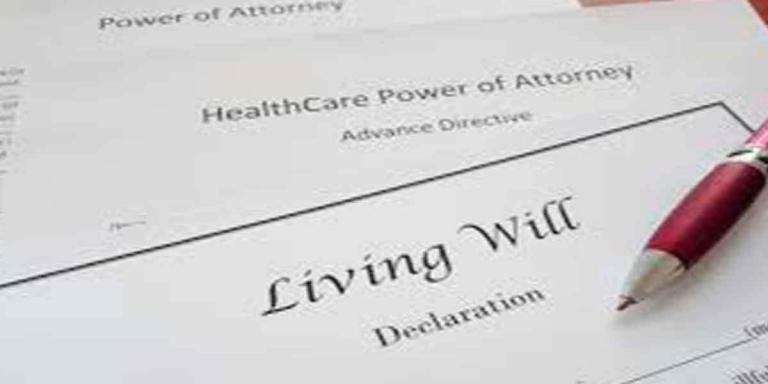
What Is Special About A Living Will in 2024? As we approach 2024, the importance of having a living will has never been more apparent.
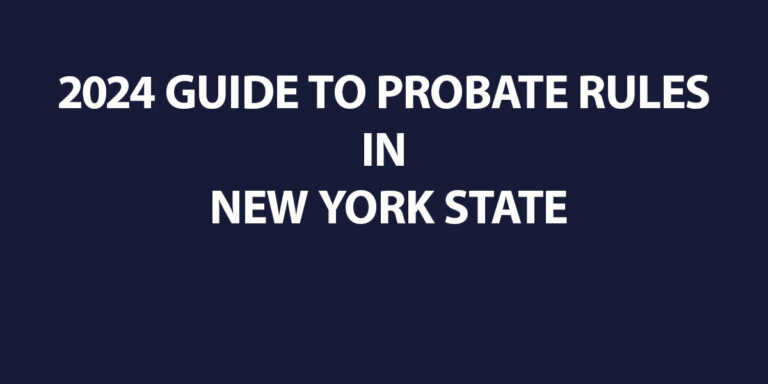
Understanding Probate Rules in New York State for 2024 As we move into 2024, navigating the probate process in New York State remains a pivotal

Estate Planning in New York 2024: Navigating Changes and Protecting Your Legacy As we approach 2024, the estate planning landscape in New York continues to

Introduction Navigating the complexities of estate law in New York can be daunting for executors, heirs, and anyone involved in estate planning and administration. This

How Long After Death Is a Will Read? The timing for reading a will after someone’s death can vary significantly based on jurisdiction and specific

Why Do You Need A Will ASAP? The thought of drafting a will often brings a sense of unease, conjuring notions of morbidity or the

Estate Planning Essentials For New Parents in 2024 Becoming a parent is a life-changing event that brings joy along with new responsibilities, including the need
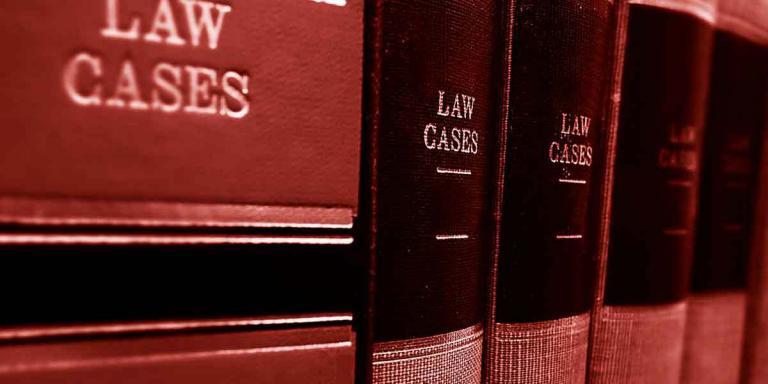
The Need-to-Know About Class Action Cases In legal disputes, class action cases stand out as a powerful tool for individuals to collectively address grievances against

Who Are the Real Culprits? Recipients vs. Providers In the complex realm of legal disputes, pinpointing accountability often involves navigating a maze of circumstances and

Costs Of Estate Planning In New York 2024 What We’re Looking For Finding out a price for an estate plan can be a bit complicated,
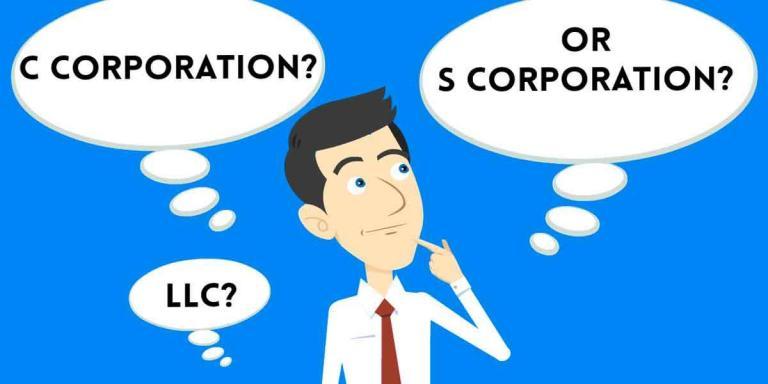
Should I Use C-CORPORATION, S-CORPORATION, or an LLC? Choosing the right business entity is a foundational decision for any entrepreneur. In New York City, where

Why Medicaid and Medicare Fraud and Abuse Is A Current Issue As we navigate the complexities of healthcare law in New York City, Medicaid, and

Estate Planning in the Age of Assisted Reproduction The advent of assisted reproduction technologies (ART) has redefined the traditional boundaries of family and inheritance. As
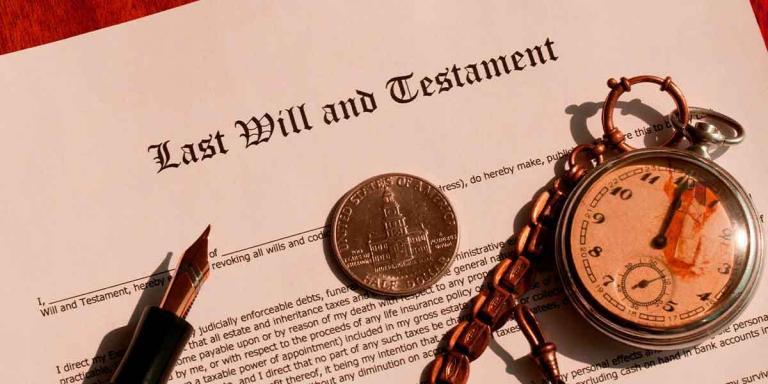
Preventing Family Disputes Over Assets After You’re Gone Securing your legacy and ensuring a harmonious transition of your assets after you pass away is a

Can I Change Attorneys Without Hurting My Case? Engaging the right legal representation is paramount to the successful navigation of your legal matters. However, circumstances

Upcoming Long-Term Care Insurance Changes That May Impact You In the ever-evolving landscape of long-term care insurance, staying informed about upcoming changes is crucial for

Why You Need An Asset Protection Lawyer In today’s uncertain economic landscape, safeguarding your assets has never been more crucial. For residents of New York

Ensuring Security for Disabled Children with Special Needs Trusts For families with disabled children, securing their future is a paramount concern. In New York City,

Is it Profitable to Invest with a Trust? Investing through trust has become an increasingly popular strategy for those looking to manage their wealth more

Medicaid Planning in New York: A Comprehensive Guide As we navigate the complexities of aging and healthcare in New York, Medicaid planning emerges as a

How Do I Protect My Assets From Potential Future Divorce Claims? In the face of marital dissolution, protecting your assets becomes a paramount concern. At
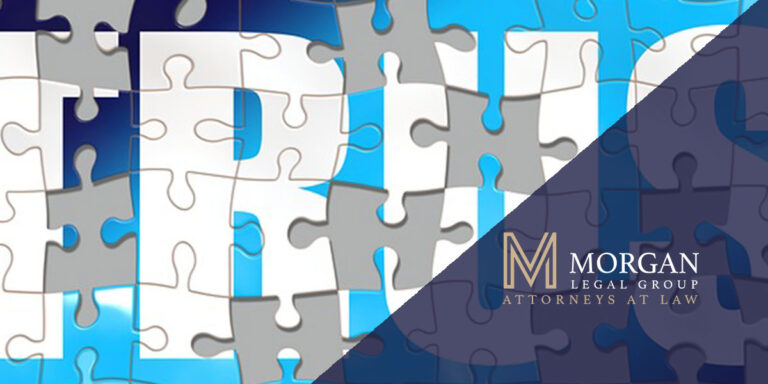
Can I Avoid the Need for a Prenup Using a Trust? As couples prepare for marriage, discussing financial planning and asset protection often leads to
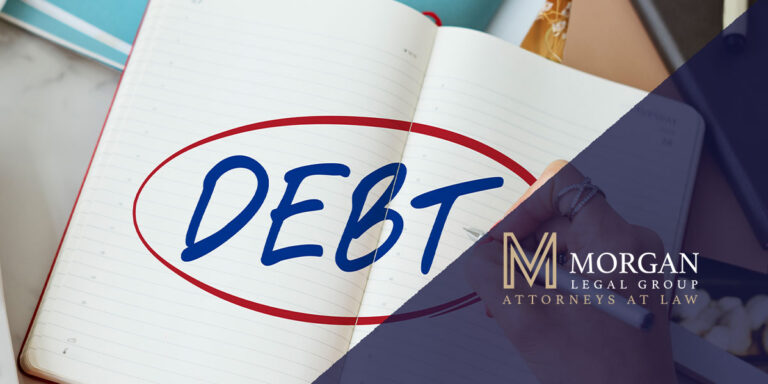
What Happens to Your Debt When You Die? One of the most common concerns that clients bring to our attention at Morgan Legal Group in

How Can Cryptocurrency Keep Your Assets Safe in 2024? As we approach 2024, the financial landscape continues to evolve, with cryptocurrency emerging as a pivotal
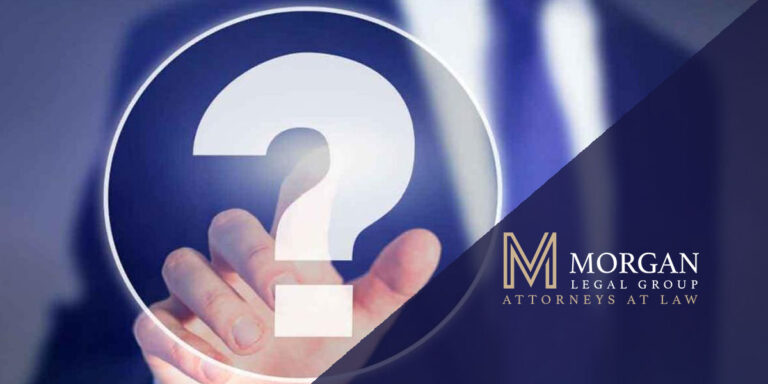
Why Is Everyone Talking About ILITs? In the evolving landscape of estate planning, Irrevocable Life Insurance Trusts (ILITs) have emerged as a buzz-worthy topic among

Maximizing Asset Protection for Your Retirement As you approach retirement, protecting your assets becomes increasingly crucial. In the complex legal landscape of New York, securing

Demystifying Special Needs Trusts Special Needs Trusts (SNTs) are essential estate planning tools designed to provide for the needs of individuals with disabilities without jeopardizing
Ⓒ 2025 - All Rights Are Reserved | Privacy Policy | Estate Planning Attorney NYC | Sitemap